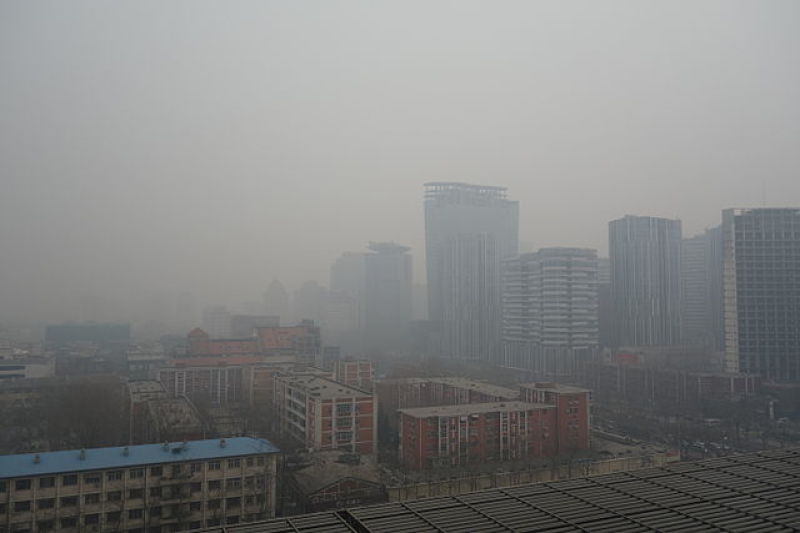
Beijing, China has issued a red alert warning on Monday a day after the city was blanketed by thick smog.
As part of the warning, the local government will impose strict rules to curb air pollution and to protect the health of citizens, according to the New York Times.
This is the first time that the city issued a red alert due to the status of its air pollution. Prior to the warning, the city was under orange alert on Saturday. At this level, construction and industrial operations that can contribute to carbon emissions were stopped.
However, after the city was covered with smog on Sunday, the government had no choice but to upgrade its alert level. According to officials, the red alert will be carried out until Thursday of this week. Under this alert level, schools have been suspended and an odd-even number scheme for cars was implemented. This means certain cars will not be allowed to travel within the city depending on their plate numbers.
In addition, government offices were asked to reduce the number of service vehicles that they use by 30 percent. Outdoor grilling, such as those found in popular establishments and food stalls, is also not allowed this week.
Despite Beijing's intentions in drastically improving the quality of its air, the city's officials are aware that imposing the rules on citizens will be difficult since they were only given a day to adjust to the emergency warning.
"It is going to involve some very challenging actions like stopping half of the cars," Ma Jun of the Institute of Public and Environmental Affairs said according to The Guardian. "In a city more than five million cars you can imagine that is going to be a big challenge."
"It is not about the political or financial cost, first and foremost it is about the great difficulty in trying to organize such an emergency response," the official added.
However, even with the potential difficulties, Ma Jun believes the red alert emergency warning will greatly benefit the people of Beijing. By telling schools to temporarily close and not allowing certain cars on the road, many people will be forced to stay inside their homes and limit their exposure to the unhealthy air.
As one of the participants in the current climate change talks in Paris, China has promised to cut down its carbon emissions. Hopefully, the country's efforts will be massive enough to stop the air pollution affecting its citizens like what is currently happening in Beijing.



















